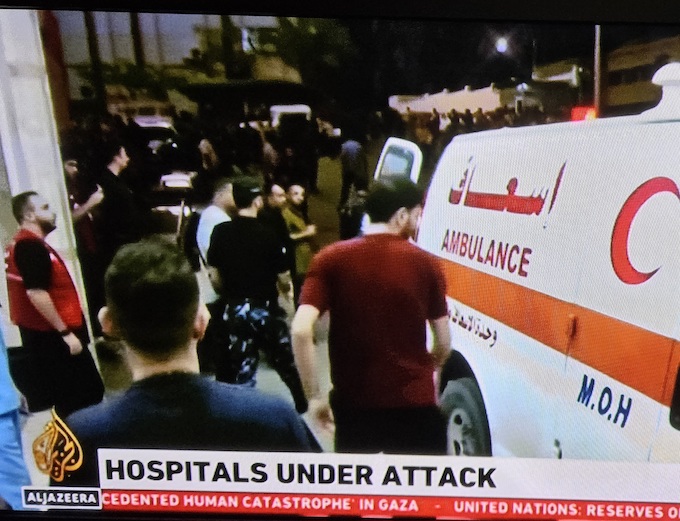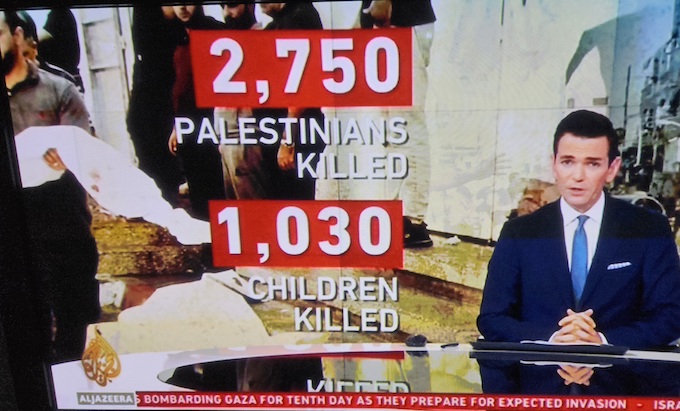
The New Zealand government is putting $5 million to address urgent humanitarian needs in Gaza, Israel and the occupied West Bank.
The initial contribution would include $2.5 million to the International Committee of the Red Cross (ICRC) and a further $2.5 million to the World Food Programme (WFP) under the umbrella of the United Nations appeal.
The Defence Force also remains on standby to help with evacuations of New Zealanders from the area, if required.
In a statement, caretaker Prime Minister Chris Hipkins said he was “deeply saddened” by the deaths and conflict in Israel and the occupied Palestinian territories.
“The situation continues to evolve rapidly, and New Zealand is joining other likeminded countries to support those civilians and communities affected by the conflict.
“The ICRC protects and assists victims of armed conflicts under international humanitarian law, and is working to gain access to people held hostage, distributing cash and other assistance to displaced people, and providing essential medical assistance and supplies.”
With the Erez and Kerem Shalom crossings shut, the Rafah border was the only way into and out of the Gaza Strip for people and also for humanitarian aid. But that had shut in October too.
Safe passage
Western countries are also getting involved to try to secure safe passage through Rafah for both foreign passport holders in Gaza and humanitarian aid, and there have been conflicting reports about whether it would open temporarily or not.
The WFP aid would help address food insecurity concerns in Gaza and the West Bank, and ensure emergency stock was prepared once access was guaranteed, Hipkins said.

“New Zealand calls for rapid and unimpeded humanitarian access to enable the delivery of crucial life-saving assistance.
“We call on all parties to respect international humanitarian law, and uphold their obligations to protect civilians, and humanitarian workers, including medical personnel.”
Both the ICRC and WFP act with full independence and neutrality.
With the Labour-led government being in the caretaker position and trying to transition to the National Party after the general elections, the decision for aid had been made after consultation with National leader Christopher Luxon, Hipkins’ statement read.
Luxon said he was appreciative of the communication between the outgoing government and the incoming one.
“It’s important that the government owns those decisions, we are consulted, and when we’re consulted we can give our support.”
NZDF on standby
On Monday, the Ministry of Foreign Affairs and Trade said most New Zealanders who were registered as being in Israel had already left, but 50 Kiwis were still there, and 20 were registered as being in the occupied Palestinian territories (Gaza and the West Bank).
But the government has asked for the New Zealand Defence Force to remain on standby in case it is needed to help with evacuations.
“While not everyone wanting to leave can necessarily get themselves to a departure point, the government has requested NZDF to remain on standby to deploy if necessary,” Hipkins said.
“Commercial routes remain the best option to depart the region, and MFAT is actively providing consular assistance to New Zealanders who remain in the affected region,” he said.
“Anyone who wishes to depart should take the earliest commercial opportunity to do so.”
New Zealand was also working with its partners on evacuation points for people who could not access commercial routes, but Hipkins acknowledged “the security situation on the ground make this difficult”.
This article is republished under a community partnership agreement with RNZ.











































